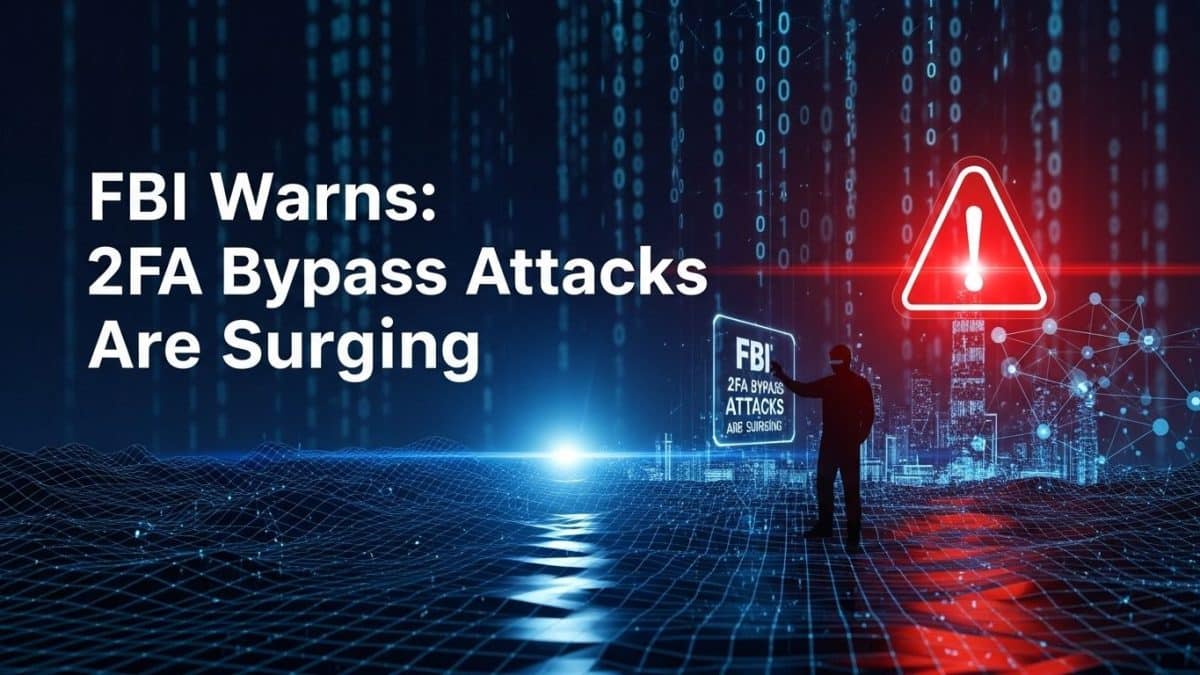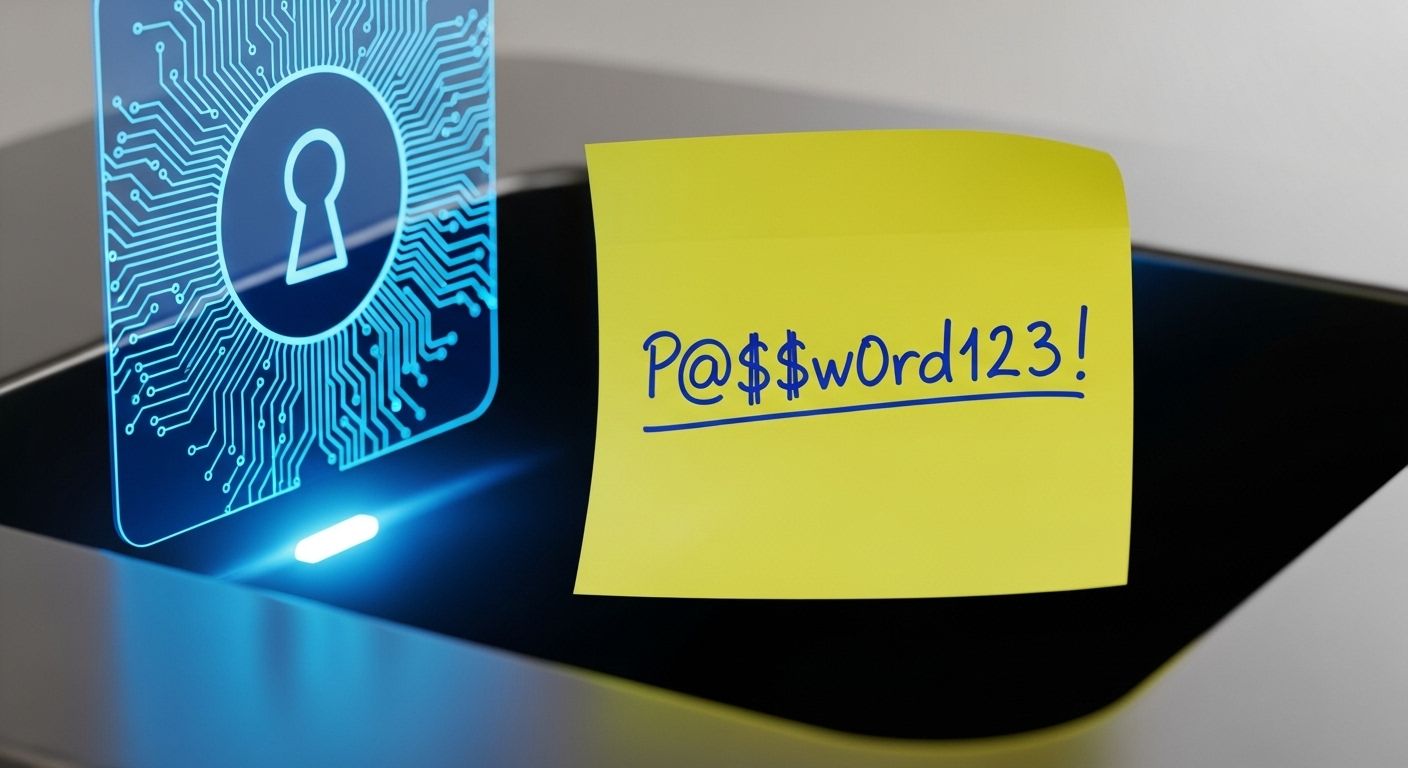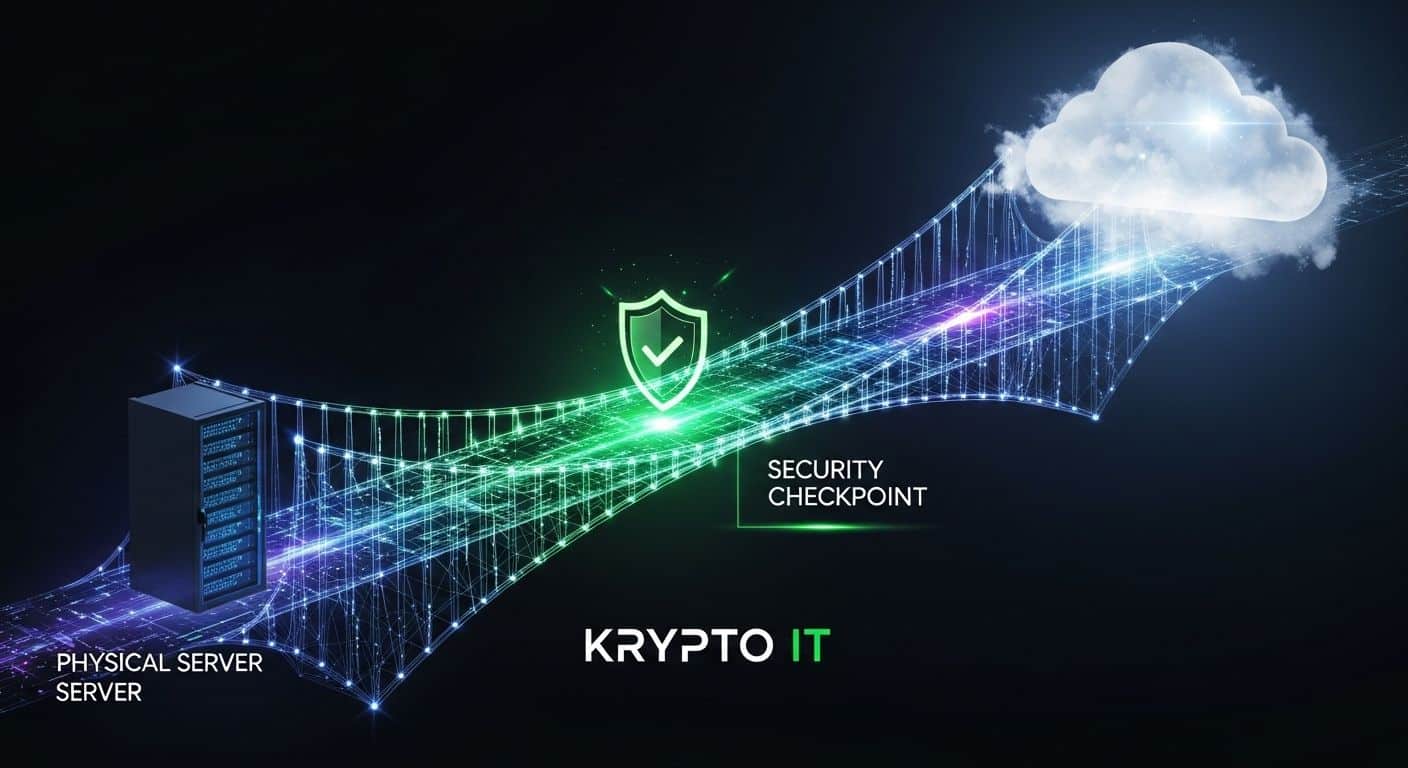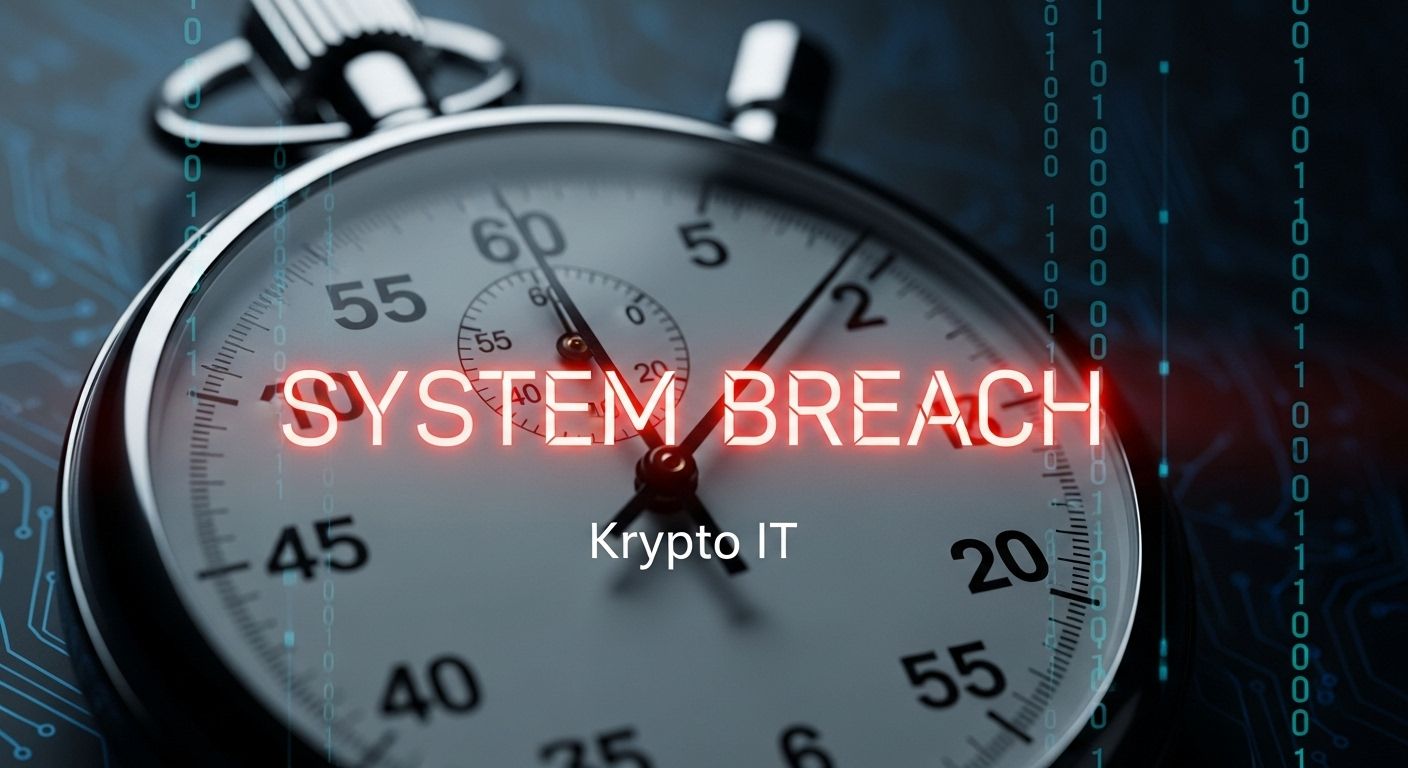
Fraud Foes: Scammers Posing as Investigators
June 30, 2025
PDFs as Phishing Lures: The Callback Con
July 3, 2025Multi-Factor Authentication Isn’t Invincible – Here’s How Attackers Are Circling It
For years, Multi-Factor Authentication (MFA) has been hailed as a cornerstone of modern cybersecurity, significantly bolstering account security by requiring a second verification step beyond just a password. However, the FBI has recently issued a stark warning: attacks designed to bypass MFA are surging. This alarming trend signifies a determined effort by cybercriminals to circumvent even robust security measures, putting sensitive data and business operations at increased risk for organizations, including Small and Medium-sized Businesses (SMBs) in Houston.
While MFA remains a crucial security control, this FBI advisory underscores the importance of understanding the evolving tactics used by attackers and implementing layered defenses to protect against these increasingly sophisticated bypass techniques. Ignoring this warning could leave your business vulnerable to account takeovers, data breaches, and significant financial losses.
The Illusion of Impenetrability: Why MFA Bypass Works
The surge in MFA bypass attacks highlights the fact that no single security measure is foolproof. Attackers are constantly developing innovative ways to circumvent even strong authentication methods. Common MFA bypass techniques include:
- Social Engineering: This remains a highly effective method. Attackers trick users into providing their MFA codes through phishing emails, SMS messages (smishing), or phone calls (vishing) that impersonate legitimate services or IT support. Urgency and fear are often used to pressure victims into divulging the one-time passcodes.
- SIM Swapping: Criminals convince mobile carriers to transfer a victim’s phone number to a SIM card they control. This allows them to intercept SMS-based MFA codes and gain access to accounts.
- MFA Bombing (or Fatigue Attacks): Attackers initiate a barrage of MFA push notifications to a user’s device. Hoping the user will eventually tap “approve” out of annoyance or confusion, they gain unauthorized access.
- Browser Extension Malware: Malicious browser extensions can be designed to steal session cookies or intercept MFA codes directly from the user’s browser.
- Session Hijacking: Attackers can steal active session tokens, bypassing the need for both passwords and MFA. This can occur through malware or by exploiting vulnerabilities in web applications.
- Man-in-the-Middle (MitM) Attacks: Sophisticated phishing campaigns can use MitM proxies to intercept both the password and the MFA code in real-time, allowing the attacker to log in before the legitimate user realizes what’s happening.
- Exploiting Weak or Default MFA Implementations: Some organizations may not have properly configured MFA, using weaker methods or relying on default settings that are easier to circumvent.
- Compromising Backup Codes: If users store their MFA backup codes insecurely (e.g., in plain text files or easily accessible locations), attackers who gain access to their systems can use these codes to bypass the primary MFA method.
The FBI’s Warning: A Call to Action for Houston Businesses
The FBI’s warning emphasizes the growing prevalence and sophistication of these MFA bypass attacks. They highlight that cybercriminals are actively targeting accounts protected by MFA, indicating a shift in tactics to overcome this once-formidable security barrier. This surge poses a significant threat to all organizations, but particularly to SMBs in Houston who may have limited resources for advanced security monitoring and incident response.
The potential consequences of a successful MFA bypass can be severe, including:
- Account Takeovers: Attackers gain complete control over employee or customer accounts, allowing them to steal data, conduct fraudulent activities, or launch further attacks.
- Data Breaches: Access to compromised accounts can provide a gateway to sensitive company data, leading to significant financial losses, reputational damage, and legal liabilities.
- Business Email Compromise (BEC): With access to legitimate email accounts, attackers can send convincing phishing emails to other employees, customers, or vendors, resulting in financial fraud.
- Ransomware Deployment: Compromised accounts can be used as an entry point to deploy ransomware across an organization’s network.
Strengthening Your Defenses Beyond Basic MFA for Houston SMBs
While the FBI warning highlights the evolving threat, it’s crucial to remember that MFA still provides a significant layer of security when implemented correctly and coupled with other robust measures. Here’s how Houston SMBs can enhance their defenses against MFA bypass attacks:
- Choose Stronger MFA Methods: Opt for more secure MFA methods than SMS-based codes whenever possible. Consider using authenticator apps (like Microsoft Authenticator, Google Authenticator), hardware security keys (like YubiKey), or biometric authentication. SMS is the most vulnerable method due to the risk of SIM swapping.
- Implement Conditional Access Policies: Leverage conditional access features within your identity management platform (like Azure AD) to enforce MFA based on various factors, such as device health, location, and user risk. This adds another layer of context and control to authentication.
- Educate Users Extensively on MFA Bypass Tactics: Conduct thorough and ongoing security awareness training that specifically addresses MFA bypass techniques like social engineering, MFA bombing, and the risks of approving unexpected login requests. Emphasize the importance of never divulging MFA codes over the phone or via email/text.
- Enable MFA Fraud Alerts and Reporting: Ensure users know how to report suspicious MFA prompts or potential fraud. Implement mechanisms within your MFA solution to alert users to unusual activity.
- Secure Recovery Options: Review and secure your MFA recovery options (e.g., backup codes, recovery email addresses). Store backup codes securely and ensure recovery emails are also protected with MFA.
- Monitor for Suspicious Login Activity: Implement security monitoring tools that can detect unusual login attempts, logins from unfamiliar locations or devices, and patterns indicative of MFA bombing.
- Strengthen Endpoint Security: Robust endpoint detection and response (EDR) solutions can help prevent malware from stealing session tokens or intercepting MFA codes on user devices.
- Implement Strong Password Policies: While MFA adds a second layer, strong and unique passwords remain important. Encourage the use of password managers.
- Stay Informed and Update Regularly: Keep your identity management platforms and MFA solutions up to date with the latest security patches. Stay informed about emerging MFA bypass techniques and adapt your defenses accordingly.
The FBI’s warning about the surge in MFA bypass attacks is a critical reminder that cyber threats are constantly evolving. For Houston SMBs, relying solely on basic MFA is no longer sufficient. By understanding the tactics used by attackers and implementing a layered security approach that includes stronger MFA methods, robust monitoring, and comprehensive user education, you can significantly reduce your risk of falling victim to these increasingly sophisticated bypass attempts and protect your valuable data and operations.
Don’t let the promise of MFA create a false sense of security.
Contact us today to schedule a free consultation and ensure your MFA implementation is robust and protected against the latest bypass techniques.




